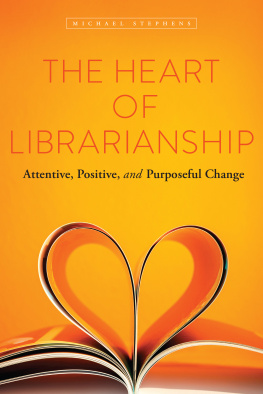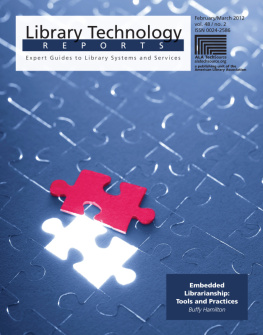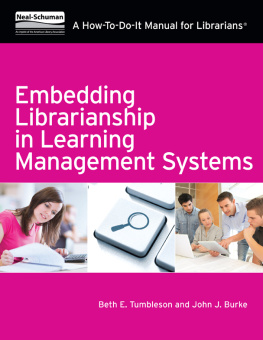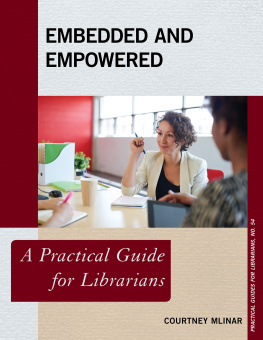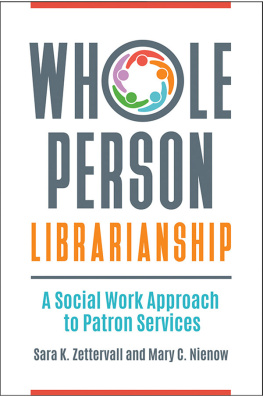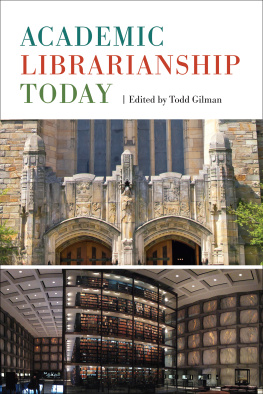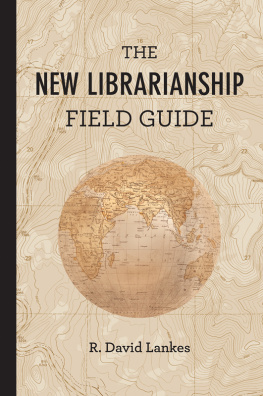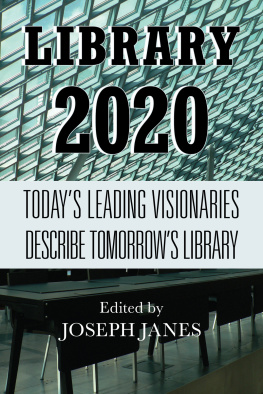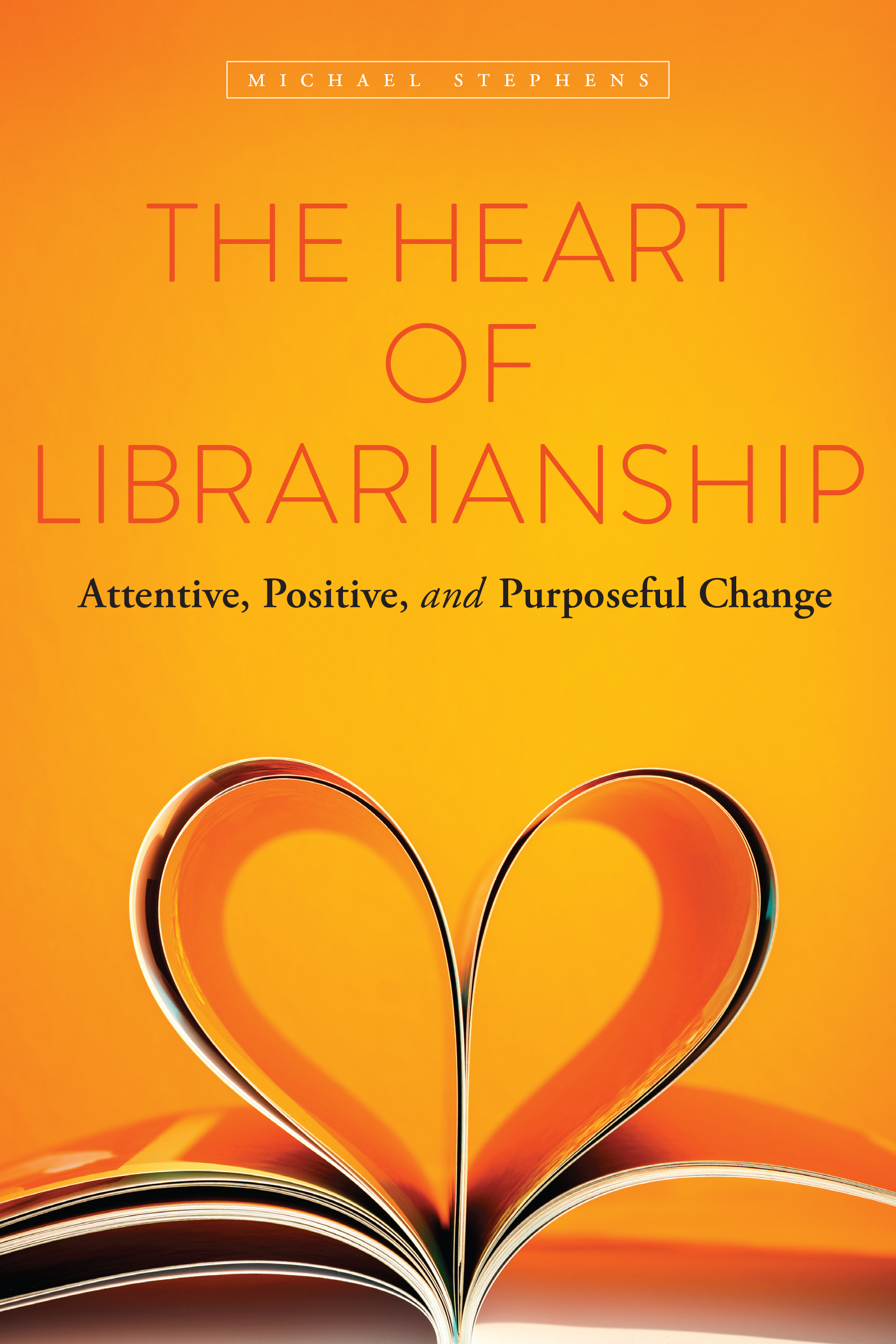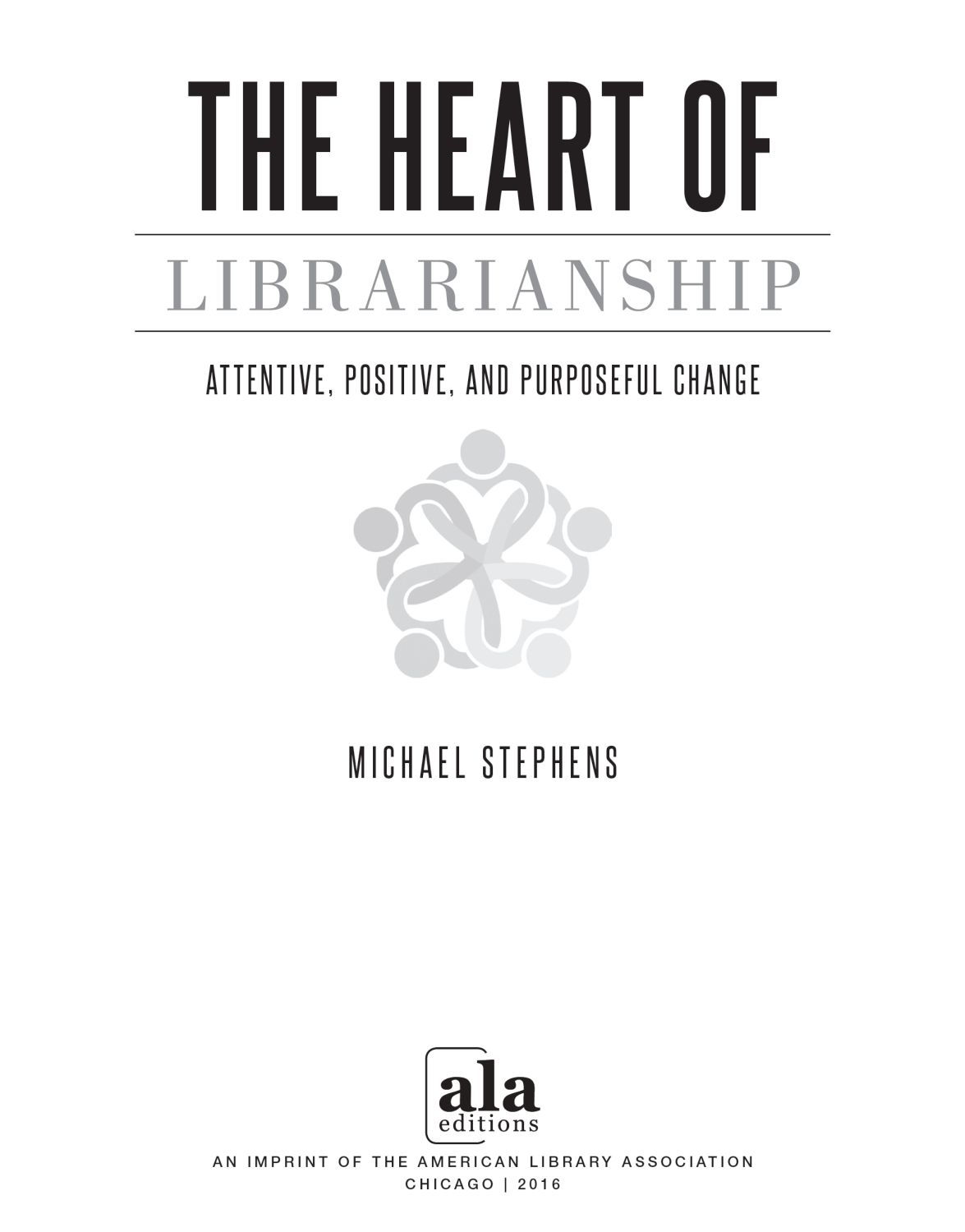WE COULD BE living in the age of empathy. Or at least the age when empathydefined by Psychology Today as the experience of understanding another persons condition from their perspectiveis getting some fabulous press, if perhaps not a whole lot of practice.
One of empathys major cheerleaders is none other than President Barack Obama, whos espoused the benefits of empathyand decried the empathy deficitfrom campaign speeches to commencement addresses, even controversially citing empathy as one of the criteria for Supreme Court justices.
Publishing has helped draw attention to empathy with a steady parade of books, including Jeremy Rifkins The Empathic Civilization (theres a Ted Talk), which positions a growth in empathy as the only solution to our many technology-induced problemsand my favoriteRoman Krznarics Empathy: Why It Matters, and How to Get It, which calls on us to regenerate our empathy through six practices. For Krznaric, exercising empathy will not only make us more creative and happier, it will also lead to a more just society.
To seal the deal, empathy has even received the blessing of science. Mirror neurons, it turns out, provide a neuroscience-based explanation for why the same parts of the brain fire whether we are actually experiencing an actiondropping a freshly scooped ice cream coneor merely observing someone engaged in the same misfortune.
Heads up, librarians! If this all sounds a bit remote, some recent research points to reading literary fiction as having the ability, according to psychologist Raymond Mar, to place you squarely in the Nice to get sciences acknowledgment, but could any reader have really thought otherwise after spending a weekend with Madame Bovary?
Empathy isnt just a faddish notion getting play in the popular literature. The age of empathy is having a real impact on medicine, nursing, and the other helping professions, like social work. The Internet is awash in research, studies, and reports on why doctors lose empathy, how to (or can you?) teach them empathy, and how empathetic doctors have patients with better results.
But search for librarians and empathy and you wont find much. Yes, theres an occasional mention of it in discussing the arcane reference interview, a clinical term that is quick to suck any empathy out of an otherwise human conversation. In fact, librarians, I would argue, have always had trouble with empathy, often equating professionalism with the ability to keep your users at a distance, never mind walking in their shoes.
Which is why, of course, I love the writing of Michael Stephens. While the E word only makes an appearance a few times, his writing, indeed his worldview, is imbued with empathy. It informs his perspective as a professor: As a teacher, I practice radical trust. I will never look over shoulders and scold a student for peeking at e-mail or the score of the big game, or practice scare tactics to make sure they do the assigned readings. Theyre adults. In creating library services, he flips us from planning for ourselves to empathizing with our public: When a librarian asks me how to figure out what new services, tech, or materials to provide, Ill always start with ask your users.
Empathy is key in collaboration, how we work today: Understanding and empathy among cross-cultural partners in a technological environment is key to success. Technology doesnt solve our problems, but it can be a conduit to making change and promoting progress. Its also an important skill that library and information science (LIS) educators must cultivate in their students: You must be a people person in todays library. Empathic listening goes hand in hand with acceptance.
While full of tales of innovation, ideas that challenge our practice, and a regular dose of critical thinking, these pages are likewise full of humanism and heart. Quoting a participant at a conference, Stephens writes: Participation occurs when someone welcomed as a guest feels as though they have become a host. I would rewrite that to read: participation occurs when someone experiences empathy and feels as though they can now empathize with others.
I think that all readers of The Heart of Librarianship will experience this gift of empathy from Stephens, and will, I hope, hand in hand with our communities, go out and create the libraries for our future.
Brian Kenney
NOTES
.
.
; Roman Krznaric, Empathy: Why It Matters, and How to Get It (New York: TarcherPerigree, 2014).
Marco Iacoboni, Imitation, Empathy, and Mirror Neurons, Annual Review of Psychology 60 (2009): 65370.
Raymond A. Mar, Keith Oatley, and Jordan B. Peterson, Exploring the Link between Reading Fiction and Empathy: Ruling Out Individual Differences and Examining Outcomes, Communications 34, no. 4 (2009): 40728.

